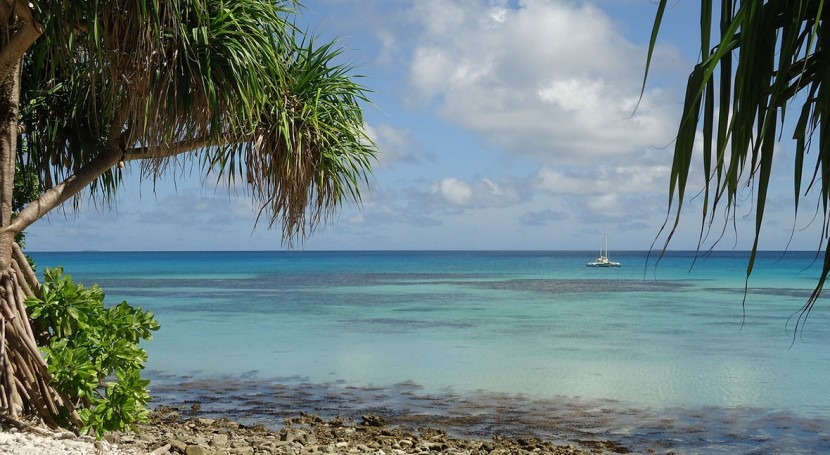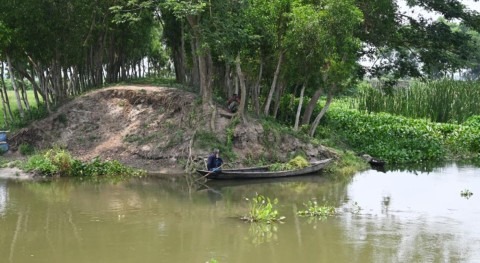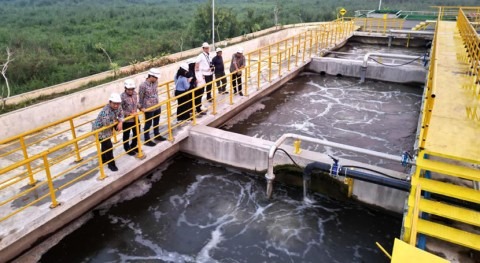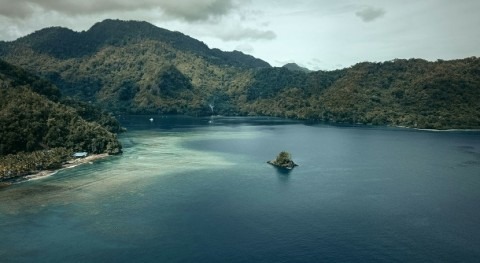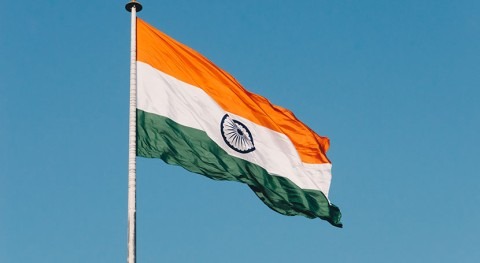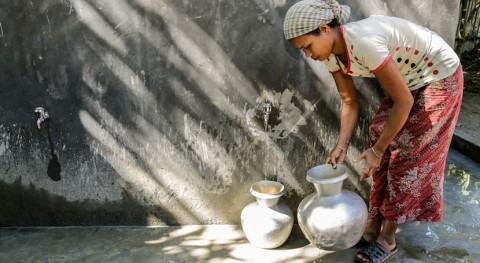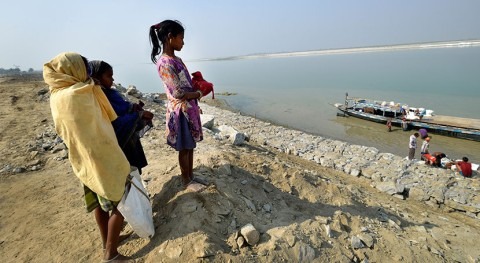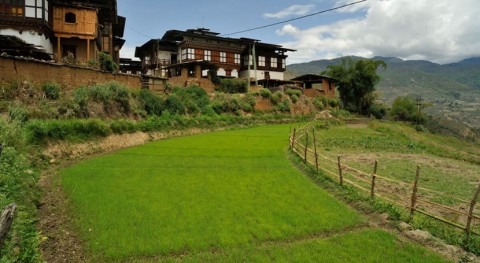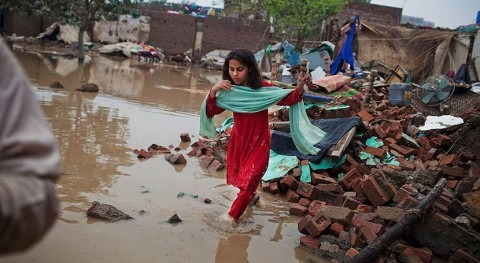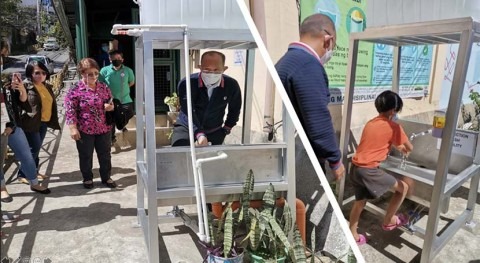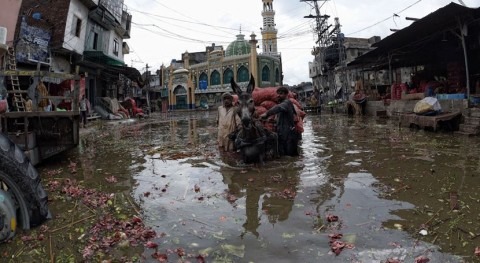The Asian Development Bank (ADB) has provided a $4 million emergency grant to the Government of Tuvalu to help fund drought relief efforts.
On 8 November, the government declared a state of public emergency due to the extreme drought conditions affecting the whole of Tuvalu.
“The persistent drought has exhausted rainwater supplies and made groundwater sources unsafe to drink,” said Regional Director of ADB’s Pacific Subregional Office in Fiji Aaron Batten. “Water scarcity has also contributed to a real threat of outbreaks of waterborne diseases.”
The government on 11 November requested financial assistance from ADB to finance drought relief efforts across the country. ADB provided the grant from its Pacific Disaster Resilience Program (Phase 3), which was approved in December 2020. The program provides Tuvalu, as well as the Cook Islands, the Federated States of Micronesia, Kiribati, the Marshall Islands, Palau, Samoa, Solomon Islands, Tonga, and Vanuatu, with access to an immediate and flexible source of financing to respond to disasters triggered by natural hazards and health emergencies.
“The state of public emergency in Tuvalu triggered by historically low levels of rainfall underscores the compounding impacts of the climate crisis to Pacific island countries,” said Mr. Batten. “Even when rain returns to the affected areas, it could take up to 12 months for food crops to recover, resulting in continuing food insecurity.”
The Pacific Disaster Resilience Program (Phase 3) is financed by a $40 million loan from ADB’s ordinary capital resources and a $54 million grant from the Asian Development Fund, which provides grants to ADB’s poorest and most vulnerable developing member countries.
ADB is committed to achieving a prosperous, inclusive, resilient, and sustainable Asia and the Pacific, while sustaining its efforts to eradicate extreme poverty. Established in 1966, it is owned by 68 members—49 from the region.


